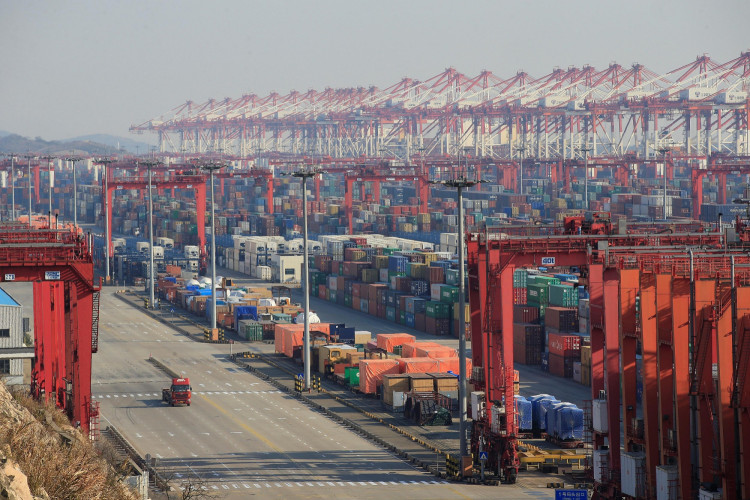China is now ramping up the enhancement of its free trade zones to counteract the economic effects of the coronavirus pandemic. The country's Ministry of Commerce released a notice on Friday last week, outlining its plans to promote further high-level opening up of the economy to encourage more foreign investments this year.
The initial goal will be to first stabilize foreign trade and investment in the country, which had been gravely affected by the pandemic due to the forced restrictions and closures to mitigate the spread of the virus. To achieve this, the ministry is planning to continuously widen market access to foreign companies by reducing restrictions and shortening its so-called negative list of industries.
By expanding the catalog of industries available for foreign investors, the ministry hopes to see a growth in new foreign investments. Among the industries where it expects to gain the most foreign investments this year includes those in high-tech manufacturing, energy conservation, and environmental protection.
The ministry stated that free trade zones will play a vital role in China's economic recovery. For this reason, the ministry is accelerating its efforts of rolling out new innovative opening-up policies that will benefit foreign trade.
One of the free trade zones that has greatly benefited from the new policies is the Hainan Pilot Free Trade Zone. According to the general manager of global auditing and consulting of Deloitte China in Hainan, Dong Debaiao, the FTZ has managed to foster several successful projects thanks to the new policies.
In January, Dong's company opened up its regional headquarters in the FTZ. Big-name multinational firms such as Coca-Cola, Temasek Holdings, and GLP Group have also made substantial investments in the FTZ in Hainan.
China has so far taken the lead in helping foreign companies adapt to the changes brought by the pandemic. It has managed to support foreign investors during difficult times through its various policies and innovative solutions.
The country's handling of the viral outbreak has also been seen by some investors as an indication of how their investments are being protected by the government while at the same time ensuring the safety of workers. The FTZs with the help of the government have come up with innovative ways of using technologies to optimize the business environment during the restrictions.
As the situation is slowly placed under control, China has been facilitating the resumption of work at numerous foreign-owned facilities. The government has also rolled out measures to address difficulties faced by foreign companies during the resumption process.






